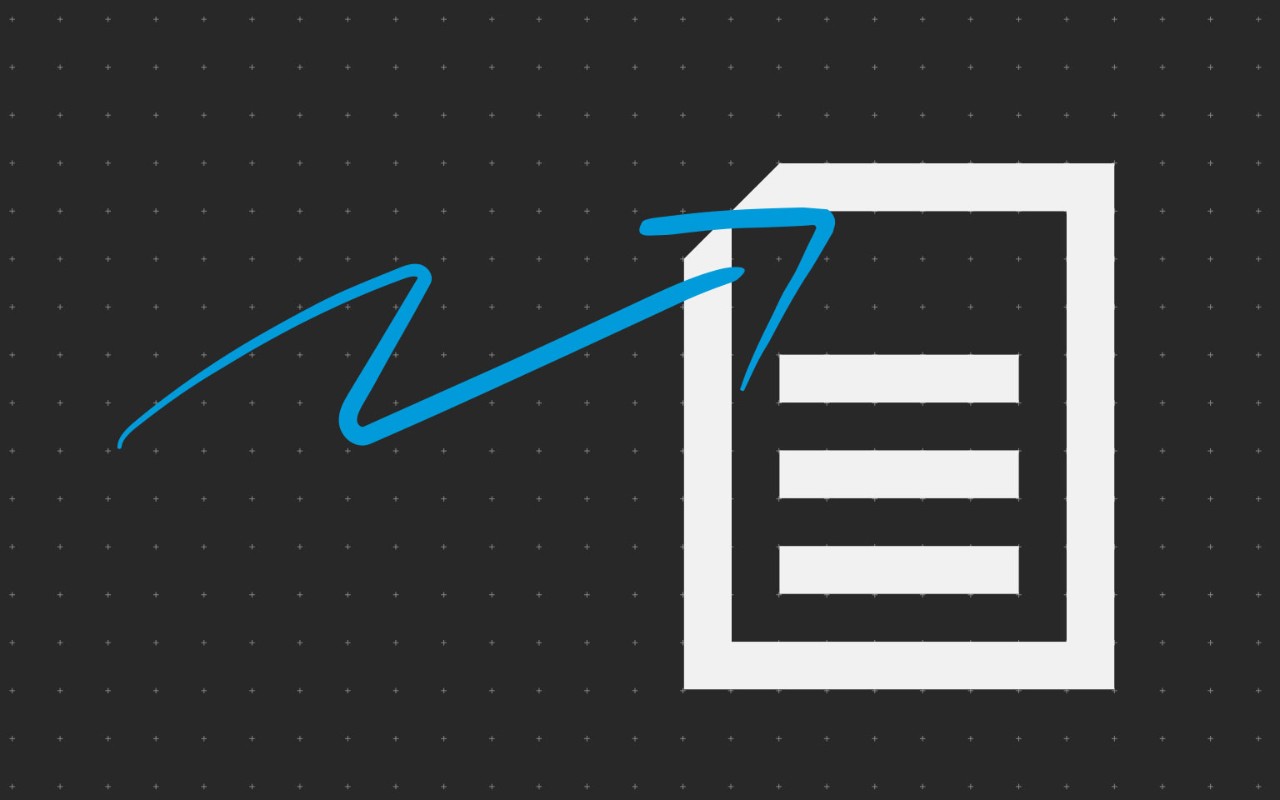Document security cheat sheet
As we at Kyocera have pointed out before, each stage of the document lifecycle from document creation through to archiving and deletion is subject to unique vulnerabilities. It’s therefore important to constantly remind your clients to consider security throughout the entire document lifecycle.
There is myriad information online, but this week’s “Message of the Week” is out of the ordinary. To make it easier for you (and your clients) to understand and implement best security practice, we’ve drawn up a cheat sheet as a quick go-to reference for the four main stages of a document’s lifecycle.
Document creation
Poor Security
Manual document creation, on paper or digitally, can result in inconsistency and human error, threatening the document’s accuracy.
Paper-based and paper stored documents leave companies exposed to potential loss, theft, or erroneous destruction.
Good Security
Data capture should be used to load documents from various sources and databases. Electronically processed data and documents, save time and improve accuracy.
Documents are automatically stored in the correct digital location, minimising the risk of them getting lost.
Document classification and storage
Poor Security
Physical storage of documents make it difficult to control access and actively protect company information.
Documents are more likely to be misplaced through decentralised and disorganised repositories.
Storing information in unsecured folders, on poorly secured devices, or leaving documents in filing cabinets can compromise their security.
Good Security
A good document management system eliminates laborious manual filing and storing.
Advanced cloud data security protects sensitive information and regularly backs-up documents in the cloud.
Content services that employ AI can read the information in a document, correctly classify it, and automate workflows accordingly.
Documents can be quickly retrieved based on descriptions, keywords, tags, signatures or notes.
Document sharing, distribution and use
Poor Security
Paper documents hinder collaboration in remote teams. Seamless yet secure access to data is inhibited when documents are shared physically or even digitally if documents have not been securely encrypted.
This can also lead to duplicated documents and entries being created when sharing, hindering work flow.
Good Security
A document management system can prevent unauthorised access to documents by only allowing security clearance on role-based parameters.
Document versions can be accurately controlled, so that all employees are assured that they’re using the most up-to-date version of a document.
Document archiving and deletion
Poor Security
Paper documents are more likely to be misplaced or stolen. Even digitally archived documents on unsecured company servers can leave files open to cyber-attacks and data breaches.
The same goes for permanently deleting files. If files aren’t destroyed according to regulator requirements, an organisation's compliance is threatened.
Good Security
Content that is no longer needed for daily operations, yet needs to be located for future audits can be archived by linking required documents with archiving schedules on a document management system.
Documents can also be securely destroyed in accordance with privacy policies.
With continued best practice, clients will quickly realise the benefits of faster, more efficient and secure document lifecycle management that improves their professional lives and those of their employees.
We hope that this will be useful to you and your team.
